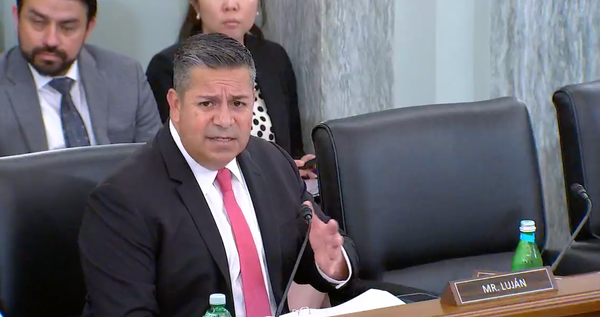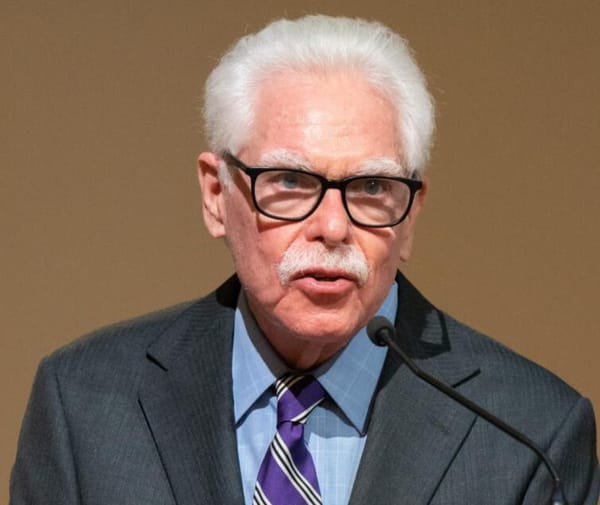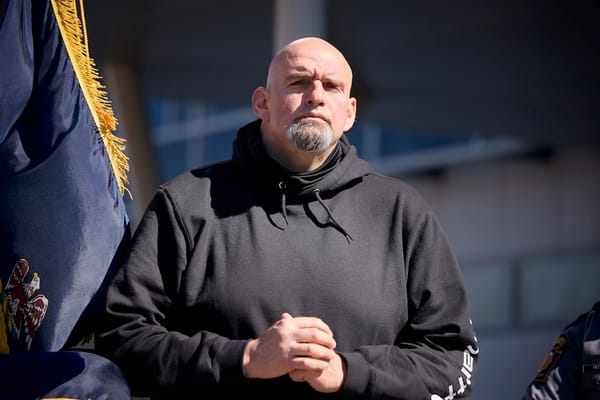Internet Subcommittee Chair Hails Universal Broadband Service, Decries FISA
June 20 – All Americans, whether they be poor, handicapped, or rural, have the right to universal broadband service, Rep. Ed Markey said on Friday. The congressman also blasted the compromise foreign surveillance legislation that passed Congress on Friday.
William G. Korver, Reporter, BroadbandCensus.com
WASHINGTON, June 20 – All Americans, whether they be poor, handicapped, or rural, have the right to universal broadband service, Rep. Ed Markey, D-Mass., said on Friday. The congressman also blasted the compromise foreign surveillance legislation that passed Congress on Friday.
Since universal broadband penetration would result in better education and health care in America, Markey, chairman of the House Energy and Commerce Committee’s Subcommittee on Telecommunications and the Internet, strongly supports legislation devoting part of the Universal Service Fund (USF) to establishing nationwide broadband.
Due to the enormous possible benefits of broadband for the average American consumer, policymakers should focus on ensuring that urban, rural, and high-cost areas have access to high-speed internet services. Most of the $7 billion USF currently subsidizes telephone service, and not Internet connections, in rural areas.
Markey played a role in creating the E-Rate program (the “E” stands for education) as a portion of the USF in the 1996 Telecommunications Act, providing funds for connecting schools and libraries ot the Internet.
Just as the E-Rate has helped to “transform education,” Markey said that only by educating America’s blue-collar children will the full fruits of the North American Free Trade Agreement (NAFTA) and other pro-trade initiatives be realized. Markey supported NAFTA in the 1990s.
Markey spoke at the Federal Communications Bar Association Awards lucheon and annual meeting at the Mayflower Hotel.
On the Foreign Intelligence Surveillance Act (FISA) legislation that was heading to a House vote, Markey said that the measure would have an adverse impact on privacy and civil liberties, and that he would voted against the bill.
Markey said that the under the bill, The National Security Agency could continue a controversial surveillance program with only limited judicial oversight.
Markey did vote against the bill, but it passed the House 293-129.
The bill’s passage will likely ends lawsuits against telecommunications carriers participated in NSA surveillance.
The FISA legislation enhances the NSA’s ability to conduct surveillance of phone calls and e-mail messages entering and leaving the U.S.
Markey, who represents Lexington, Massachusetts, where American colonials once fought for the ending of forced quartering of British troops without a warrant, said it was his belief that American revolutionaries would not have tolerated such infringements on personal liberty.
Congress failed to embody a “check” to the executive branch when it approved FISA, Markey said.
Markey also touted a bill, introduced on Thursday, providing accessibility to communications for persons with disabilities, as well as legislation he has introduced on Network Neutrality (H.R. 5353), and the House-passed Broadband Census of America Act (H.R. 3919), to “increase broadband data collection and establish mapping of broadband infrastructure nationally.”
Markey added: “I am still working on draft legislation on a national set of consumer protection standards for wireless service, a draft which also includes the protection of the right of local municipalities to offer broadband service and other telecommunications services.”
Markey also touted forthcoming hearings before his subcommittee: a hearing on Tuesday, June 24, on the subject of universal service, which is set to feature George Lucas, creator of the Star Wars movie series; as well as a pending hearing on the privacy implications of so-called “deep packet inspection” technologies by broadband providers.








